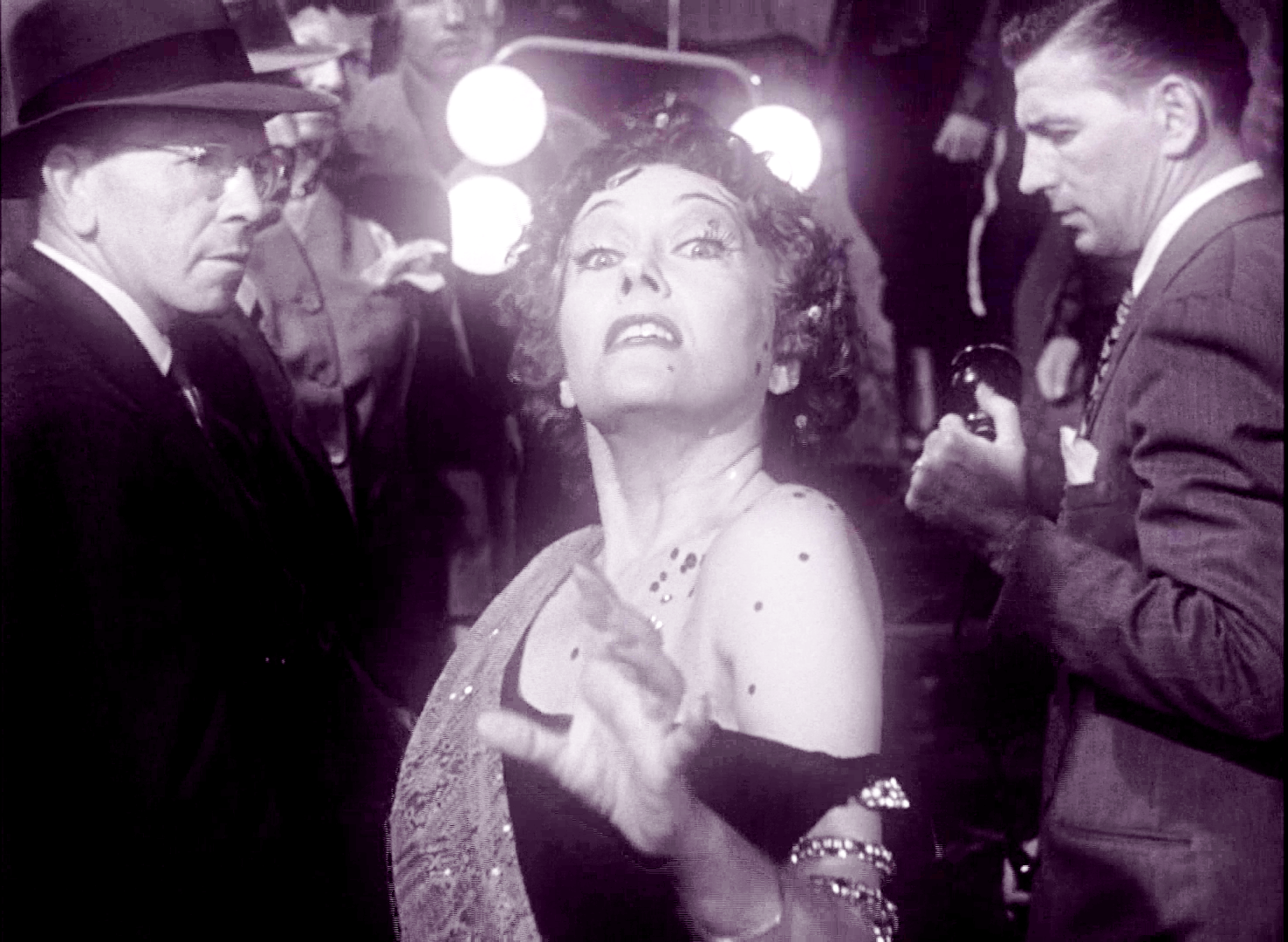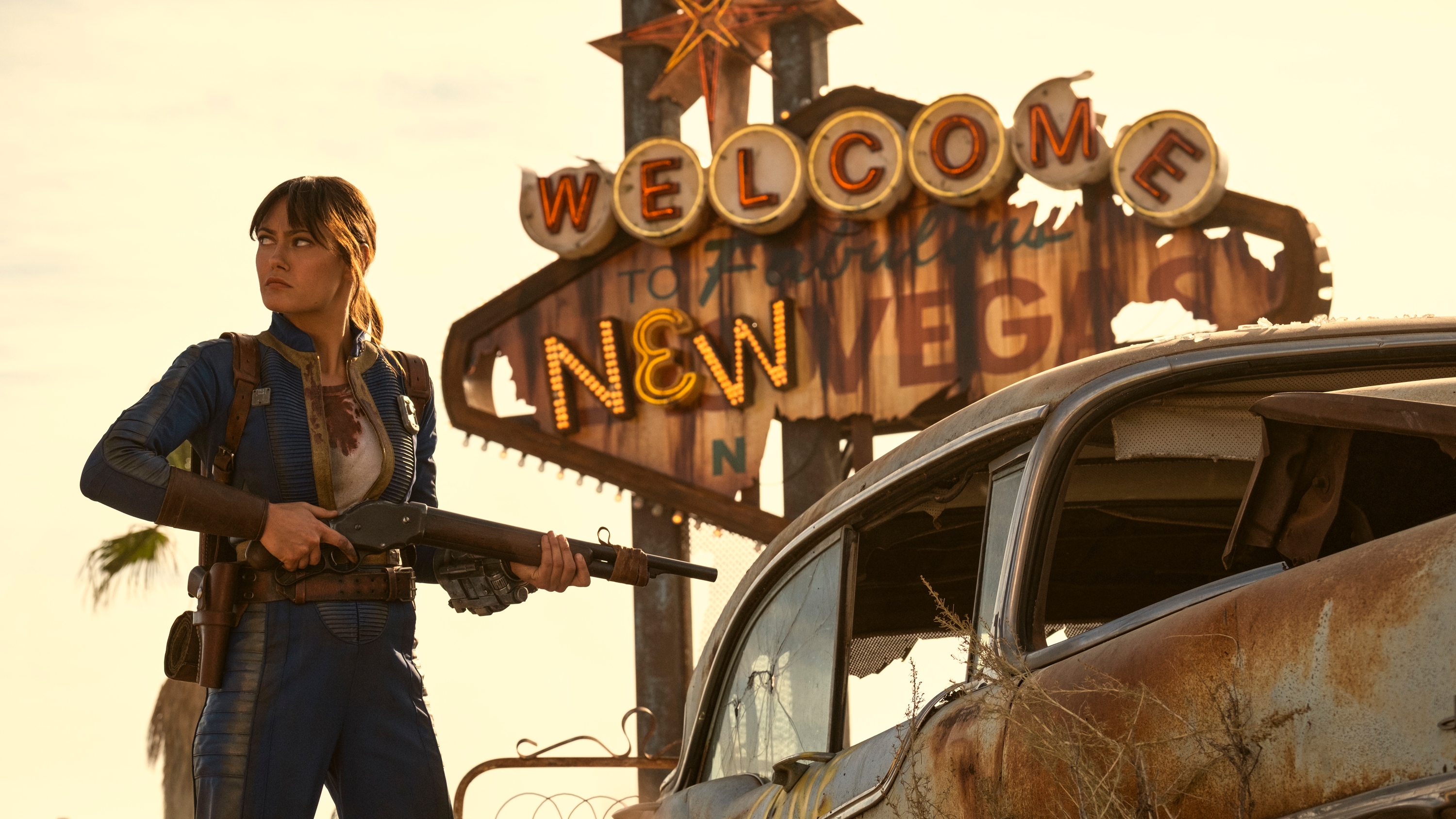The wonder of 'Sunset Boulevard' and how the musical adaptation missed the point
How Sunset Boulevard, one of the best movies ever, got a musical adaptation that entirely missed the point.

Writer-director Billy Wilder, one of the true icons of cinema of the 20th century, once quipped, “I like to mix a little vinegar in the cocktail." Where audiences expected comforting laughs or conventional dramas, he offered a spikier edge, a more caustic wit that exposed his cynicism towards the myth of the American dream. The Apartment may be one of the greatest comedies ever made but that does nothing to dilute its wildly bleak take on the toxicities of the typical American workplace. Ace in the Hole was such a devastating take-down of the illusion Americana and the free press that audiences revolted against it, even though it remains a startlingly prescient tale of corruption and media manipulations. At the heart of his vast filmography, one populated by multiple masterpieces, is Sunset Boulevard, which turns 70 this year.
Premiering in 1950, at a time when the Hollywood studio system was still in full-swing, Sunset Boulevard was a proverbial slap in the face to the industry that made Wilder a star. After one star-studded private screening, Louis B. Mayer, the notorious head of MGM, said that Wilder should be "kicked out of this country, tarred and feathered." The Austrian-born film-maker was deemed to be ungrateful for daring to expose the magic of Hollywood as a decaying house of mirrors built on lies and exploitation (Wilder reportedly responded to Mayer by telling him, "Why don't you go f**k yourself?")
Seven decades later and Sunset Boulevard has lost none of its power. It is still one of the most scathing dissections of the Hollywood dream and arguably the most critical film that the studio system ever made about itself, aside from Judy Garland’s A Star is Born. Gloria Swanson’s portrayal of Norma Desmond, a gorgon-esque has-been of the silent era who lives under the delusion that she is still beloved by the masses, is one of the great performances committed to celluloid, and the character herself remains a potent reminder of how celebrity poisons in all its forms. Sunset Boulevard felt like lightning in a bottle, a perfect moment and idea captured in time. So, of course it’s no surprise that, almost immediately after it premiered, people scrambled to make it into a musical. It’s also no surprise that the eventual stage version we got so thoroughly missed the point of its source material.
Gloria Swanson herself worked on a version for a while. Famed theater director Hal Prince, who held the stage rights to the story, asked Stephen Sondheim at some point during the 1960s if he would be interested in making the project as an Angela Lansbury vehicle, wherein Norma Desmond was a musical comedienne rather than a silent film star, but he declined after Billy Wilder himself said he thought the film would work better as an opera. Prince also approached Kander and Ebb of Cabaret fame, but then met with a rising star called Andrew Lloyd Webber. Fortunately for Prince, Lloyd Webber had already considered bringing music to Sunset Boulevard.
On his website, Lloyd Webber describes seeing Sunset Boulevard "sometime in the early 70s" and being inspired to write a song about it. Given that he didn't have the rights to the film, the song never became the title track as it was intended to be, and fragments of it ended up in his score for the Stephen Frears film Gumshoe. In 1976, he began working with Hal Prince on Evita and the pair discussed Sunset further. Around the same time, Lloyd Webber met with Christopher Hampton, a playwright and translator probably best known for Dangerous Liaisons. Hampton had declared an interest in writing the libretto of Sunset Boulevard for the English National Opera, but it came to nothing.
By the time Lloyd Webber got around to taking on Sunset Boulevard, his career had reached its commercial and arguably critical peak with The Phantom of the Opera. After a stream of steady hits, Phantom of the Opera broke records, won awards, and is still the longest-running show in Broadway history. After that, however, Lloyd Webber's next musical, Aspects of Love, flopped hard. That had been the composer's first attempt at a quieter, more grounded show, a noted contrast from the high-concept mega-musical spectacles like Phantom of the Opera and Cats that had made him rich and famous. Sunset Boulevard was to be his return to the lavish excess of the ‘80s. It made sense for the material: Go big or go home, especially with a tale this baroque and deliberately theatrical.
Things fell apart almost immediately. The show changed lyricists multiple times. The large set was so cumbersome that it caused endless technical problems. The running costs alone meant that the show's budget increased rapidly long before audiences even got a chance to see it. The original star of the West End production, Patti LuPone, was infamously dropped from the Broadway transfer in favor of Glenn Close, so she sued Lloyd Webber and reportedly received $1 million, which she used to build a swimming pool named after the beleaguered composer.
The latest updates, reviews and unmissable series to watch and more!
Another major star, Faye Dunaway, also sued Lloyd Webber after she was unceremoniously fired from the Los Angeles production. Even though the show ran for two years on Broadway and won a slew of Tony Awards (in a year where its competition was one other new musical), Sunset Boulevard closed at a massive lost. In his book The Hot Seat, Frank Rich of The New York Times famously described Sunset Boulevard as a "flop-hit", a term used to define shows that have all the markers of success but never actually manage to break even. He estimated that the musical lost around $20 million. To this day, it's never broken even.
This drama, of course, only tells part of the story. What of the musical itself? Norma Desmond remains a great role on stage for any actress lucky enough to be cast, but ultimately the sting has been removed from the tail. That undiluted disenfranchisement with the American dream, something Wilder so wholly embodied in his work, has been watered down significantly and replaced with unearned sentimentality.
Sunset Boulevard shares a lot of parallels with Phantom of the Opera, or at least Andrew Lloyd Webber's interpretations of their source material. Both shows have protagonists obsessed with immortality and the younger conduits they manipulate to help them achieve it. Neither achieve it and are either cut loose from reality or forced to flee our own world. They also both feature a lot of murder. Phantom of the Opera, however, works where Sunset doesn't for a variety of reasons. It's better suited to the theatrical format, given its setting and subject matter, and its mood of early 20th century melodrama feels natural for a musical.
Moreover, Phantom of the Opera is a more malleable piece of source material to adapt. Its central story and characters can be changed enough to retain the central themes while offering a new tone or intent. Gaston Leroux's book has moments of gothic romance but it's not an especially romantic book. His Phantom isn't a figure of sex appeal. Lloyd Webber's Phantom very much is, and his show is unavoidably sensual in a way the book never is, but it still works because the material allows it to.
With Sunset Boulevard, the flexibility was never there. It's such a deeply realized film, one that embodies several genres and ideas, and a narrative so intrinsically tied to film and Hollywood history that it feels foolish to tear it away from that context. It was the movie industry's memoir, in many ways, bitter and confrontational and daring its viewers to look away at the mess they helped to create. Norma Desmond is the creation born of Hollywood and one who will die trapped in its claws, not undeserving of pity but still one unable to see the hurricane of chaos that follows her every move. Her delusions are sad but not relatable because she is so above such concepts.
How do you make that sympathetic? Should you even bother? We know that she’s one of many waxworks abandoned to history by a world that seems wholly unconcerned with its past. At the time, Hollywood had no concern for archival preservation of its own work. To this day, the vast majority of silent movies made in the 1910s and ‘20s don’t exist because they were destroyed or simply recorded over by studios that didn’t want to waste the film. Of course they wouldn’t care about the Norma Desmonds they fostered. To rob the story of that crucial pessimism is to give way too much credit and sympathy to those who made the mess in the first place.
To this day, Lloyd Webber is still trying to make a movie adaptation of his Sunset Boulevard musical. Glenn Close is attached to reprise the role of Norma Desmond and in February 2019, it was announced that Rob Ashford had signed on to direct. No updates have been reported for about a year now, with some suspecting that the failure of Cats put the final nail in Norma's coffin. Perhaps that’s a sign to let perfection be.
There’s a possibly apocryphal tale involving Billy Wilder being approached by a journalist after seeing the Sunset Boulevard musical. When asked for his thoughts, Wilder allegedly quipped, “It’s a great story. Someone should make a movie of it.”
You can stream Sunset Boulevard on Amazon Prime Video.
Kayleigh is a pop culture writer and critic based in Dundee, Scotland. Her work can be found on Pajiba, IGN, Uproxx, RogerEbert.com, SlashFilm, and WhatToWatch, among other places. She's also the creator of the newsletter The Gossip Reading Club.


